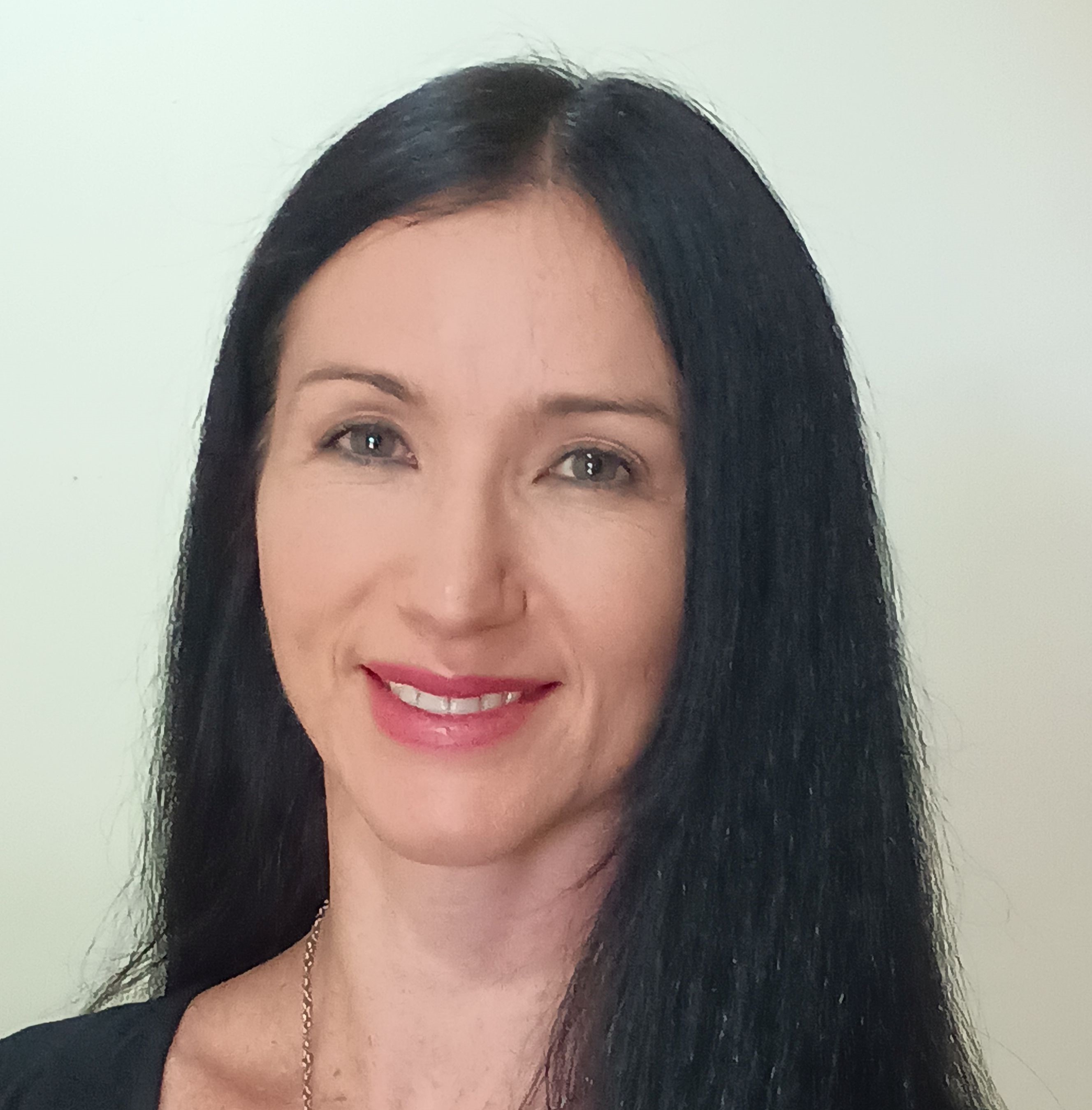ACCP Webinar - Wednesday 23 July
Join us for a 90min webinar focused on Empowering Young People's Lives Beyond Out-of-Home Care (O0HC).
- Data analysis and findings
- Bringing together better outcomes
- Policy and Practice recommendations
Hear from Deputy Director Research Prof Melissa O'Donnell, Dr Fadzai Chikwava, Dr Miriam Maclean and Renée Usher as well as a panel discussion with industry partner and a care leaver with lived experience.

Speakers
-
Professor Melissa O'Donnell - Improving support for care leavers: Research and advocacy to action
 The development of evidence regarding transitioning from care and ensuring the voices of care leavers are heard is essential to understanding care leaver needs and the support required to improve outcomes. Through collaboration with researchers, organisations and care leavers, the Home Stretch campaign has been instrumental in creating opportunities for extended support for young people transitioning to adulthood from care in Australia.
The development of evidence regarding transitioning from care and ensuring the voices of care leavers are heard is essential to understanding care leaver needs and the support required to improve outcomes. Through collaboration with researchers, organisations and care leavers, the Home Stretch campaign has been instrumental in creating opportunities for extended support for young people transitioning to adulthood from care in Australia. -
Dr Fadzai Chikwava - Resilience, Mental Health and Homelessness of young people transitioning from out-of-home care
 This research draws on linked longitudinal data from WA and Victoria. The findings identify distinct homelessness trajectories shaped by individual, social, and systemic factors. These provide important evidence to inform targeted, integrated policies and support services for care leavers across Australia.
This research draws on linked longitudinal data from WA and Victoria. The findings identify distinct homelessness trajectories shaped by individual, social, and systemic factors. These provide important evidence to inform targeted, integrated policies and support services for care leavers across Australia. -
Dr Miriam Maclean - Using longitudinal data to understand developmental and life outcomes of care experienced young people
 An opportunity to understand the developmental pathways of children who have experienced out-of-home care, from pre-birth influences through to adulthood. Outlining research findings on educational outcomes, and on the prevalence of pregnancy and intergenerational child protection involvement among young women who have experienced out-of-home care. The results contribute to population-level evidence to inform policy and services.
An opportunity to understand the developmental pathways of children who have experienced out-of-home care, from pre-birth influences through to adulthood. Outlining research findings on educational outcomes, and on the prevalence of pregnancy and intergenerational child protection involvement among young women who have experienced out-of-home care. The results contribute to population-level evidence to inform policy and services. -
Renée Usher - It's not a normal upbringing": Insights from young mothers with care experience to improve parenting support and prevent intergenerational out-of-home care
 Highlighting the challenges young care leaver mothers face, including inadequate support from the child protection system and fear of child removal. Despite this, they are determined to provide stable, nurturing homes for their children. Recent WA research identifies gaps in leaving care planning, reproductive health education, housing, and childcare support. Improving early, tailored support and removing barriers to education and employment can help break the cycle of OOHC.
Highlighting the challenges young care leaver mothers face, including inadequate support from the child protection system and fear of child removal. Despite this, they are determined to provide stable, nurturing homes for their children. Recent WA research identifies gaps in leaving care planning, reproductive health education, housing, and childcare support. Improving early, tailored support and removing barriers to education and employment can help break the cycle of OOHC.



